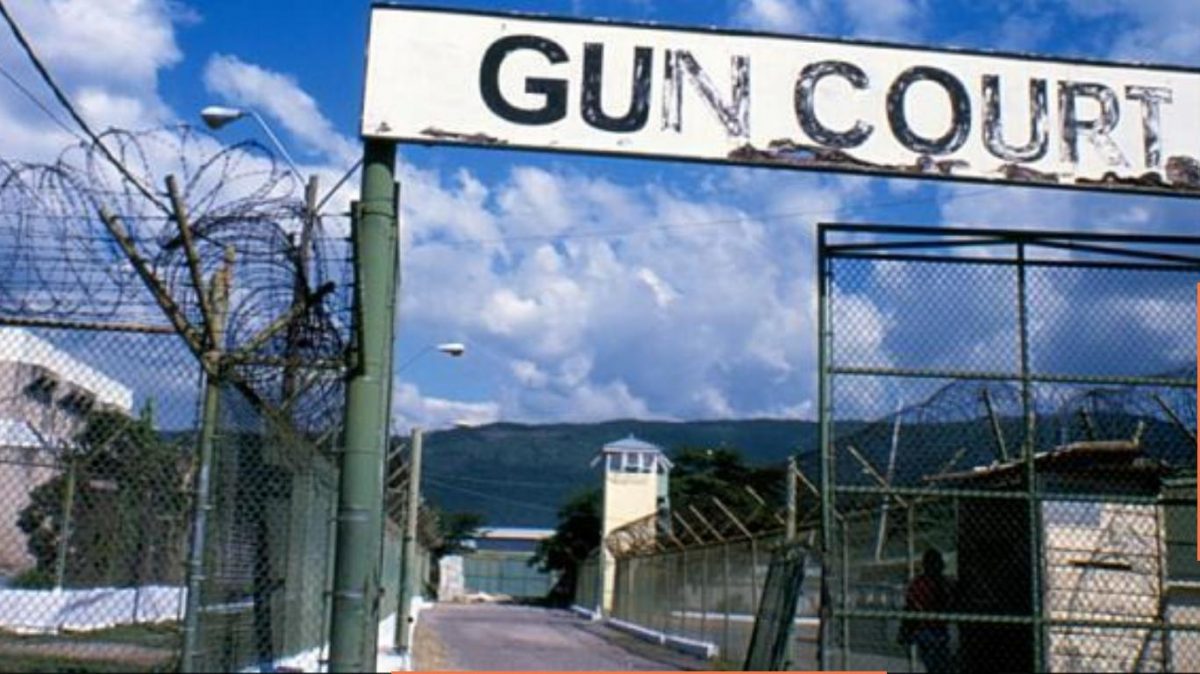(Jamaica Gleaner) Twenty-year-old barber Tyrique Banton was on Thursday freed of illegal possession of firearm and wounding with intent charges after a witness admitted to giving a false statement.
Banton was freed by Justice Martin Gayle in the Gun Court.
The false statement came to light under cross-examination by attorney Able-Don Foote.
The second statement was dated October 6, 2020, which was a day after the trial commenced.
The witness said in the second statement that Banton was at the scene with a firearm and he knew him for five years.
The witness admitted to giving the first statement on the day of the incident on July 11, 2018.
He admitted that in that statement he said the incident happened about 2:00 p.m. at Church Pen, near Old Harbour, St Catherine and that he did not know the second shooter.
He said the incident was fresh in his mind when he gave the statement to the police.
He also admitted that in the first statement he stated that he did not know the accused and that he did not mention the name Banton in the statement.
On being cross-examined about the second statement, the witness agreed that the major changes between the two statements happened after he was in contact with the Office of the Director of Public Prosecutions.
The witness admitted that the second statement he gave was not true and also admitted that he made up that statement.
He also said that he was nervous when he gave the second statement.
The investigating officer, on being questioned by the judge, said he knew nothing about the second statement from the witness and it came as a surprise to him.
Meanwhile, questions were raised about the evidence of the complainant.
He had said in his evidence that he knew Banton for two years and saw him four times a week and that Banton was one of the two men who shot him.
He denied suggestions under cross-examination that he said at the identification parade that he only saw Banton once and that this was when he shot him.
Foote argued that the complainant’s evidence conflicted with the information given at the identification parade.
He argued that the evidence in the case against Banton was fabricated and he should be freed.
The judge upheld the no-case submission.
Banton was charged jointly with another man but he died before the trial.
Following Barton’s acquittal, Foote commented that it was unjust to have proceeded with the matter in light of the evidence and having regard to the witness who gave two statements which were diametrically opposed.






